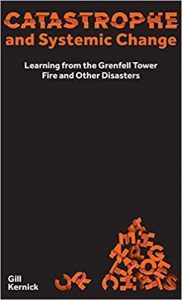I’ve written a review for another outlet of a weighty new book, but still want to flag it up here. It’s Measuring and Accounting for Innovation in the Twenty-First Century, edited by Carol Corrado, Jonathan Haskel, Javier Miranda, and Dan Sichel. The book is a conference volume, the papers presented at a 2017 NBER conference of the same title that I was lucky enough to attend.It was one of those rare and wonderful conferences where one sits bolt upright througout taking copious notes.
As ever, you don’t read an edited conference volume cover to cover like a normal book, and indeed a number of the papers are (as always in econ) out in the wild in working paper versions. Having said that, for those of us interested in the need to measure better – which means understanding better – the increasingly intangible economy, this is a really interesting book. It covers the waterfront from conceptual frameworks down to nitty gritty measurement questions. It’s much too costly to buy but there is a much much more affordable e-version (and may be worth recommending to the library too).


